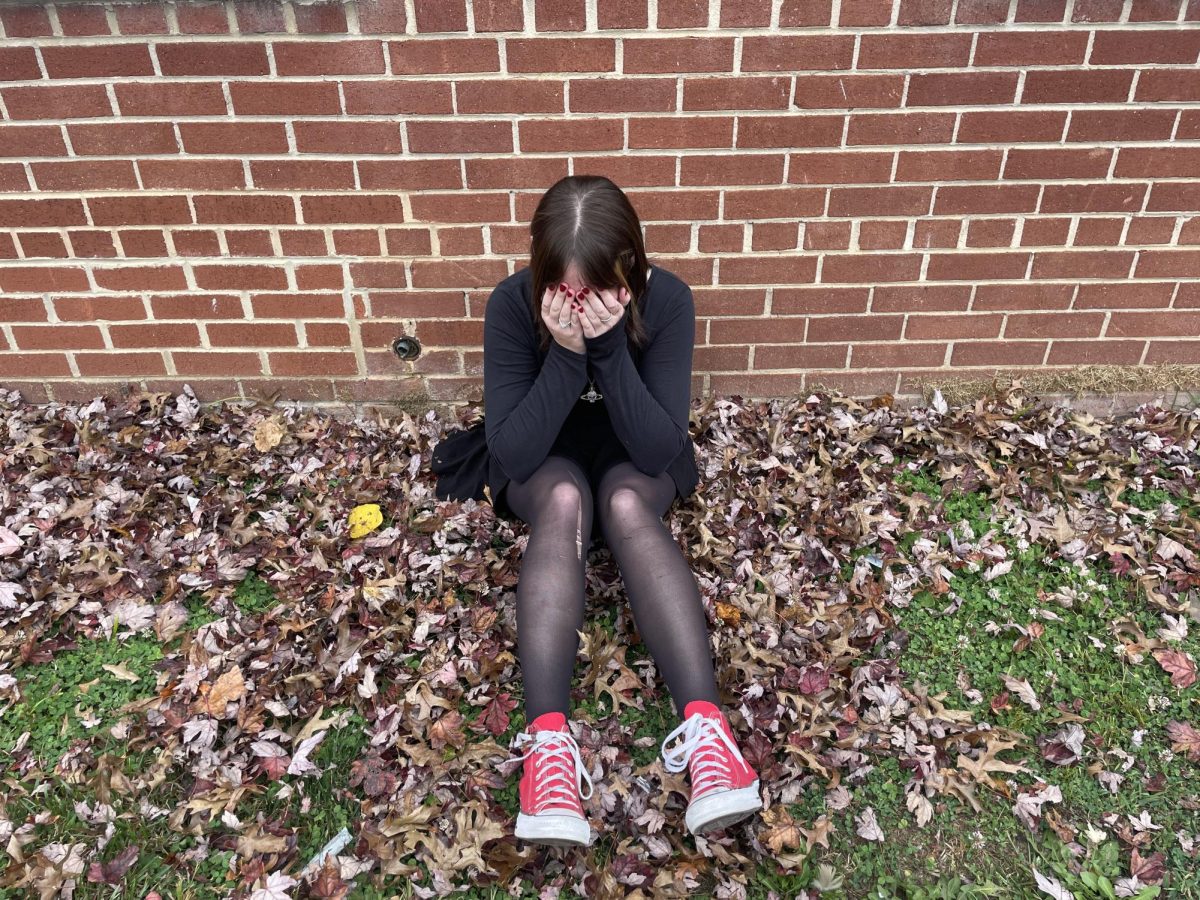Are you worried about the upcoming dark season, and the gloomy feelings that come with it? If you are, you’re not alone!
Many teens deal with this issue as the nights get shorter and daylight is lost. With the lack of sunlight, your circadian rhythms are thrown off, which can cause these feelings of depression and may make it hard to stay in a good mood during this time of year.
You may notice that you’re sluggish or drowsy during the day, oversleeping, unable to concentrate, you have an increased appetite, a craving for carbohydrates or have feelings of hopelessness.
If these feelings are frequent throughout the autumn and winter months, it’s important to identify whether or not you have SAD, or seasonal affective disorder.
According to the Mayo Clinic, SAD most frequently begins in the autumn and worsens throughout winter. As spring arrives and the amount of daylight increases, SAD begins to fade.
This type of depression affects one’s quality of life during this time, so it is important to discuss seeking the required treatment needed for this disorder with a trusted adult if you or someone you know is experiencing the symptoms of SAD There are several certified clinicians at our school who are readily available to help you get access to mental health resources.
“If you are someone who tends to struggle with seasonal affective disorder, my advice would be to seek help sooner rather than later,” says AHS’s licensed school psychologist Laurie Ottehenning.
Harvard Health Publishing recommends several treatment options for this disorder, including prescribed medication such as antidepressants, cognitive behavioral therapy and light therapy.
Regardless of whether you have been diagnosed with SAD or not, it’s important to practice good mental health habits to keep you happy during the darker months.
Listed below are a few suggestions to help you get out of the gloom:
Go outside: Going outside for a minimum of 10-15 minutes a day is a great way to boost your mood and improve your circadian rhythms.
“Get as much sunlight as you can: Sit or work close to a window, open your blinds or trim trees blocking sunlight,” says Hackensack Meridian Health. Being in the sun also increases serotonin levels, which, according to Healthline, is a regulating hormone that makes you happier.
Exercise: Staying active is important to promoting good physical and mental health. Studies have shown that exercise releases endorphins, a pain and stress reliever that supplies you with energy and boosts your mood.
These two great SAD coping strategies can give you an opportunity to explore nature and enjoy the colors of fall foliage while doing activities you enjoy outside.
This can be a great way to get connected with yourself and others while practicing mindfulness, which are two more great methods to cope with SAD.
Connect with others: “Something that helps people struggling with SAD is increasing positive coping skills, such as connecting with your friends and family,” says Ottehenning. Since humans are social creatures, simply having conversations with others is helpful when trying to reduce feelings of depression.
Practice mindfulness: Meditation and journaling are excellent ways to improve the mind-body connection while processing emotions. Practicing mindfulness reduces stress and clears the mind. Newport Academy shares that “a Johns Hopkins study found that meditation had the same impact on anxiety and depression as antidepressants did.”
Get quality sleep: SAD can be extremely disruptive to sleep, so it is vital that you’re going to bed at a reasonable time where you’ll have time to fall asleep without losing valuable sleep in the process. According to the Sleep Foundation, a sleep aid can also be helpful to achieve the maximum amount of sleep recommended for your age.
Maintaining good nutrition: Ensuring your diet is supplying you with the required amount of nutrients helps you to stay healthy. UK Nutri Advanced recommends that when coping with SAD, it is extremely important to get enough vitamin D, which can be taken as a supplement, and magnesium, which is found in food or can be taken as a supplement. Additionally, omega-3 fatty acids can be helpful when preventing or treating depression when taken alongside antidepressants.
While all of these methods of coping are great tools to help reduce the impact of seasonal affective disorder on your life, if you or someone you know is in immediate distress or is thinking about hurting themselves, call or text the National Suicide Prevention Lifeline at 988 or chat at 988lifeline.org.










